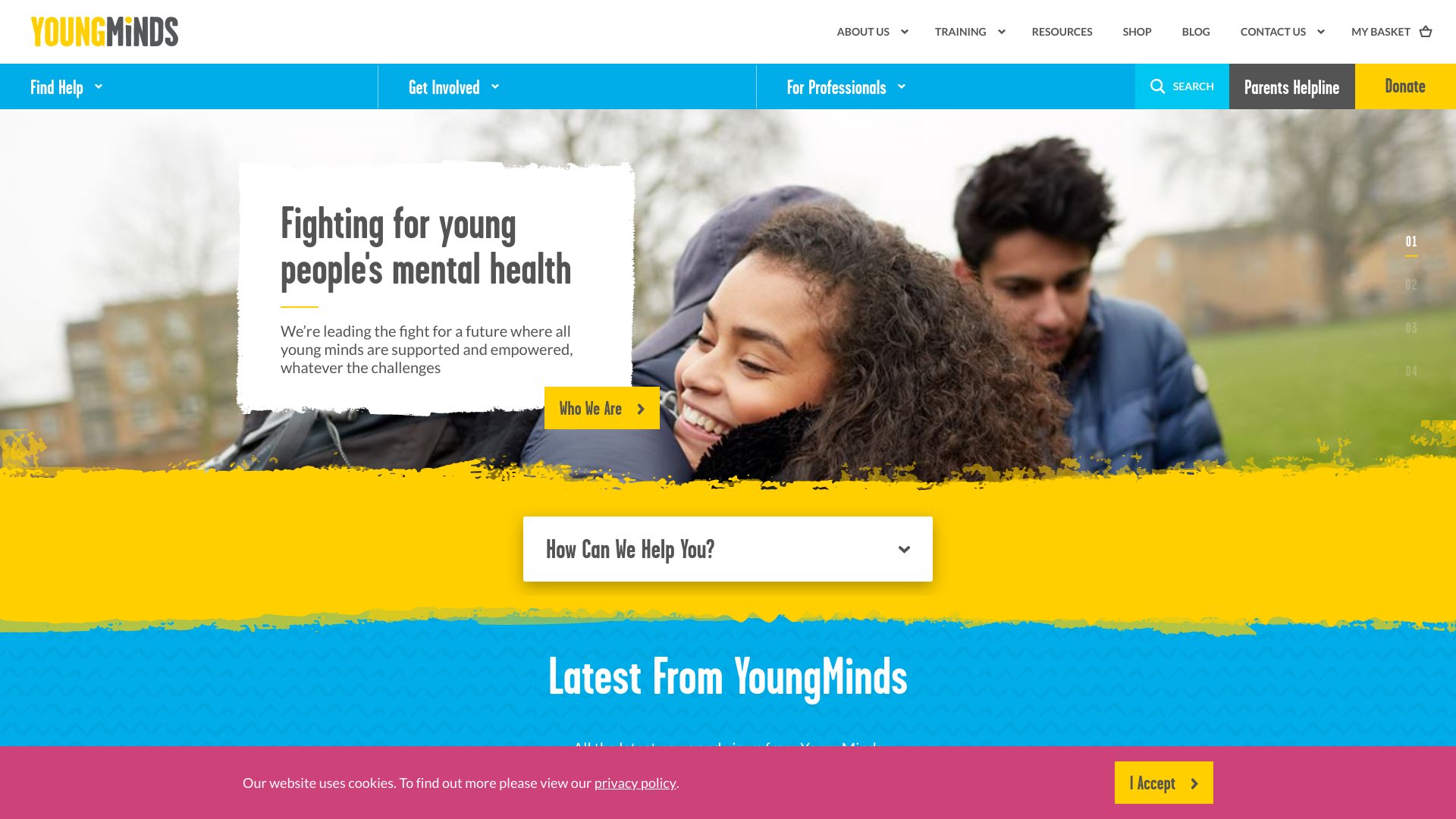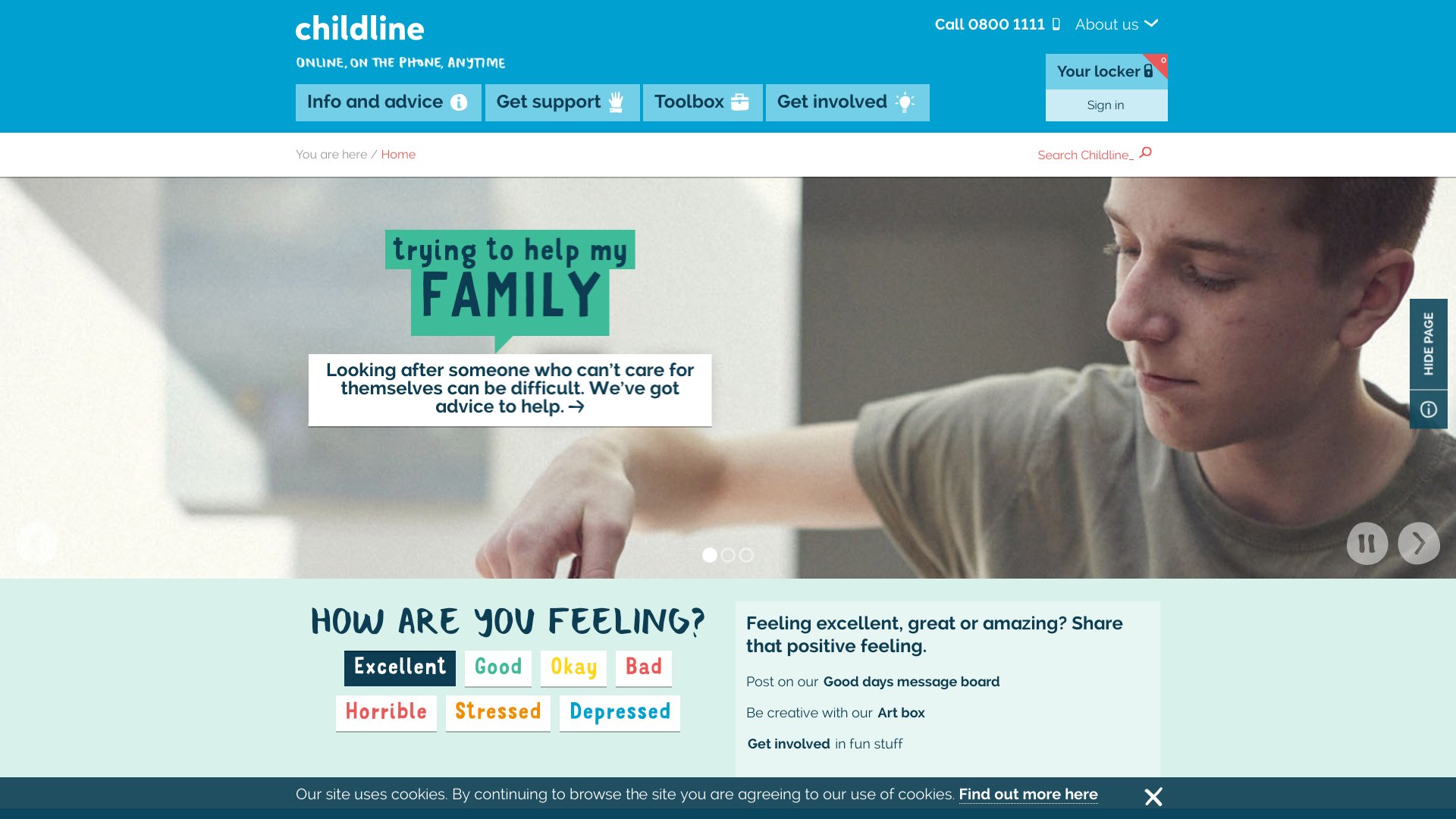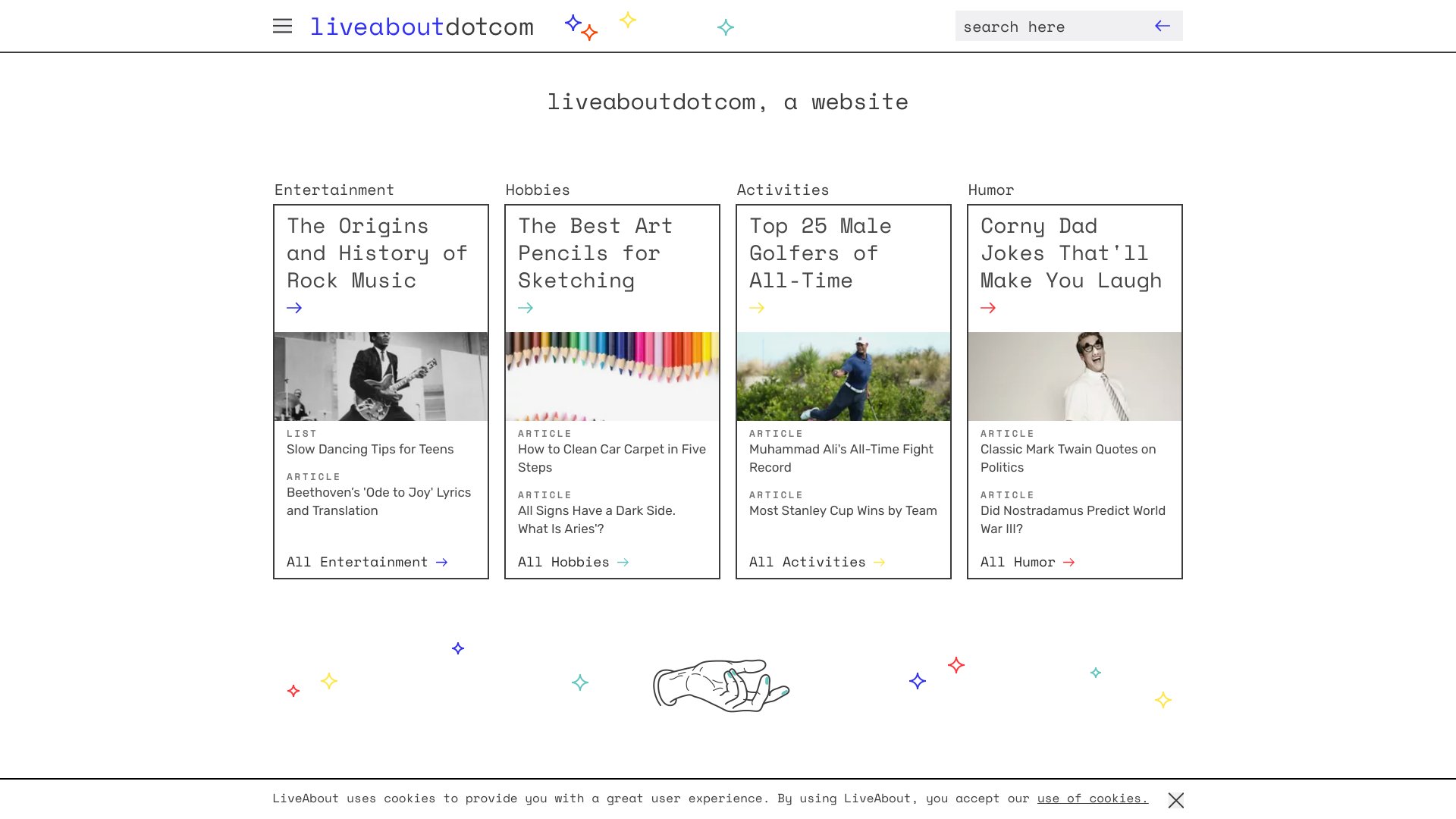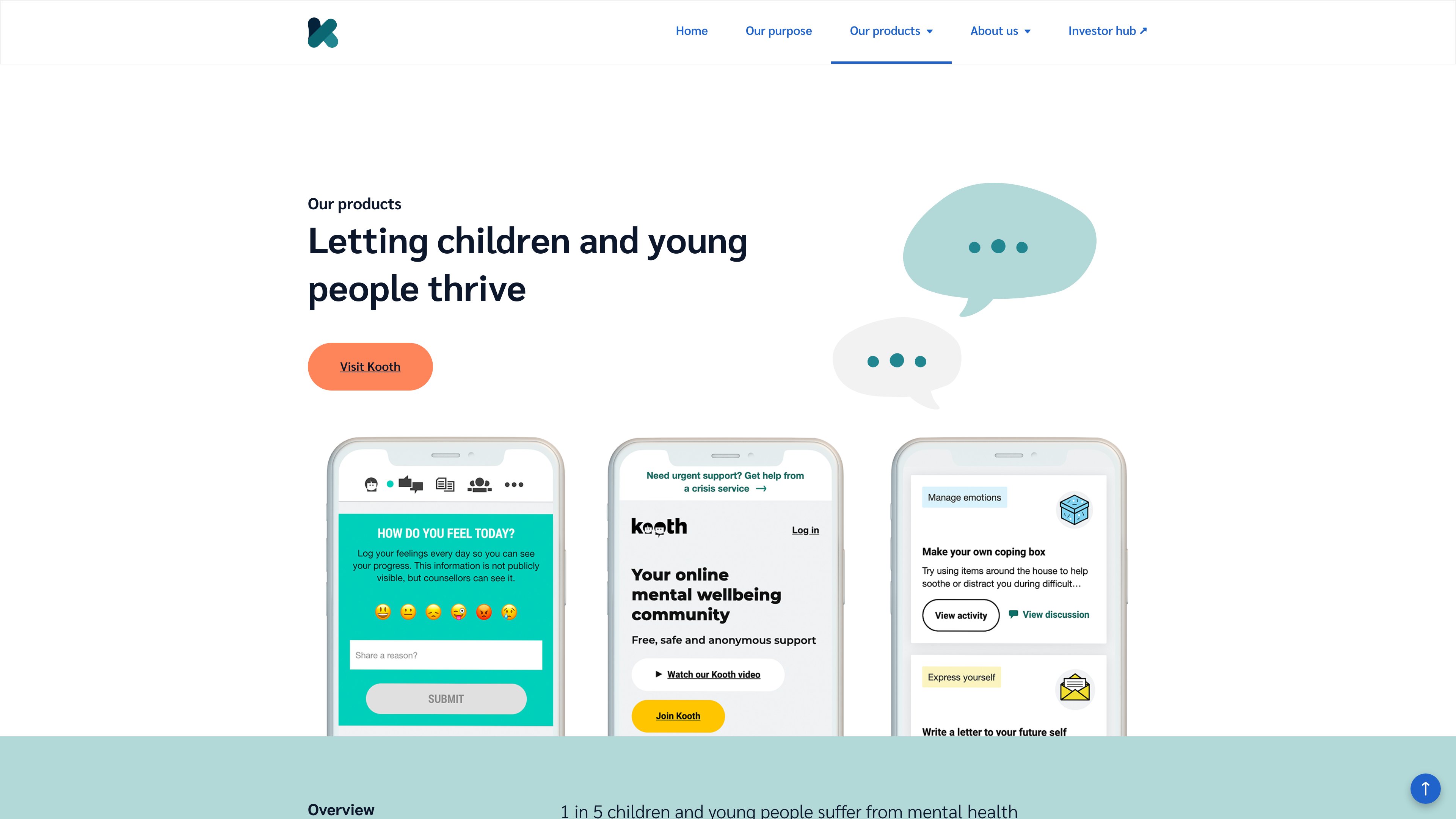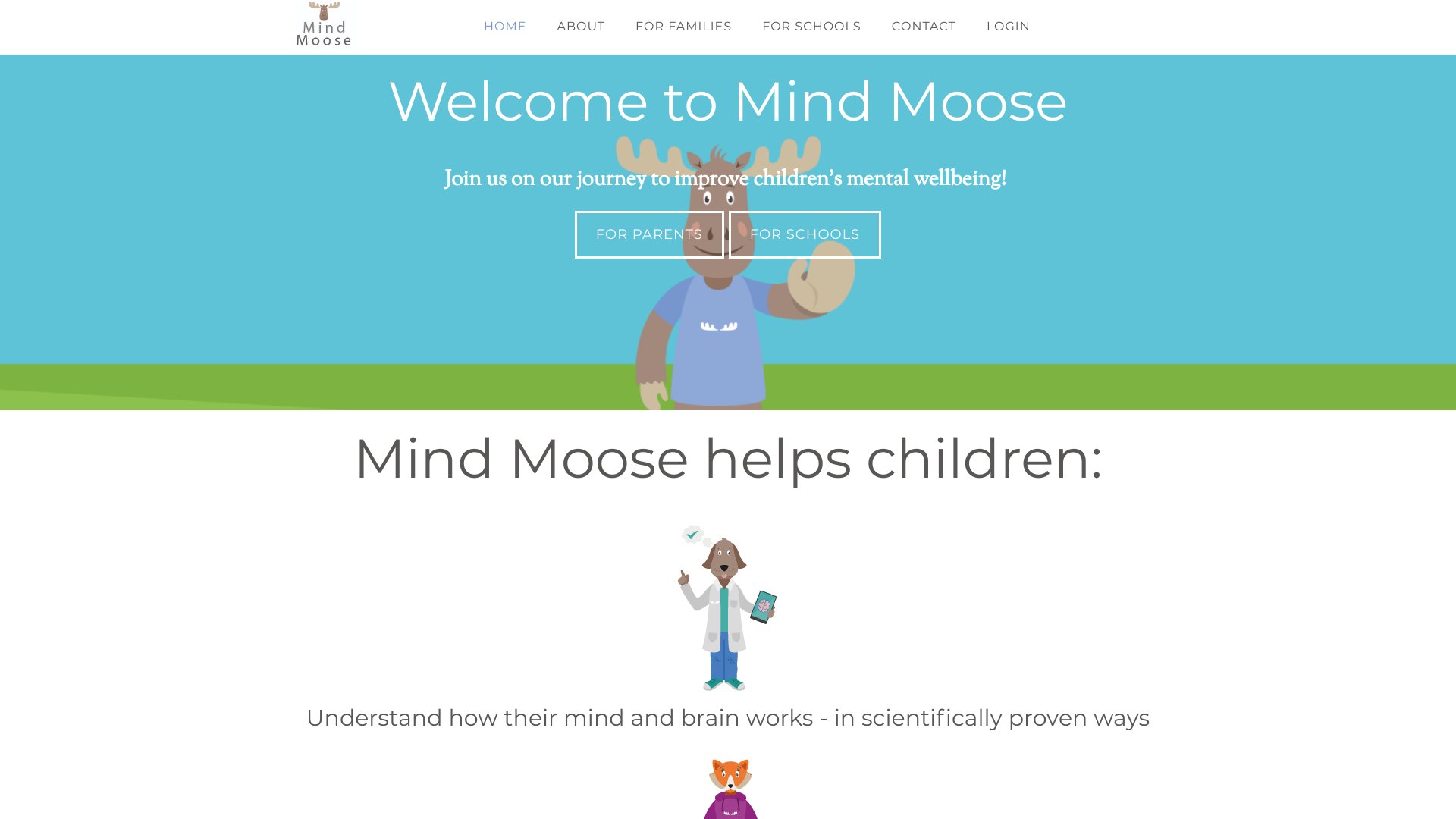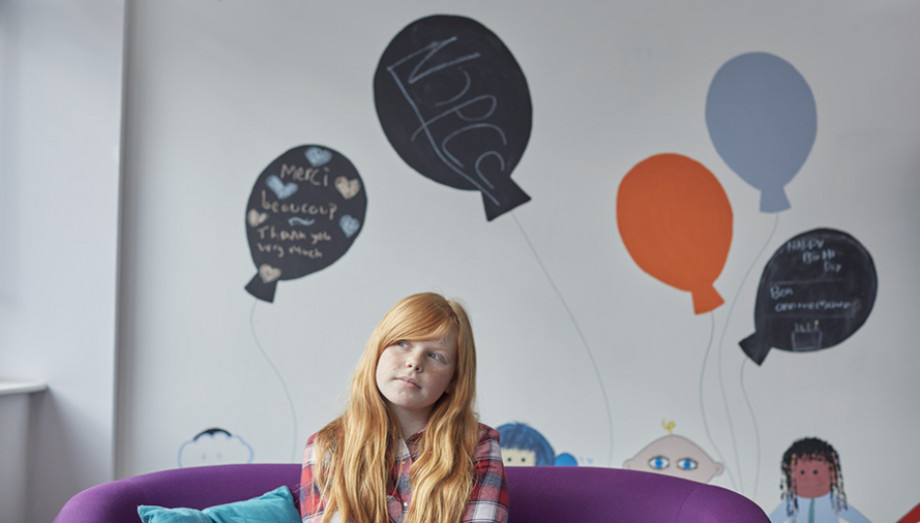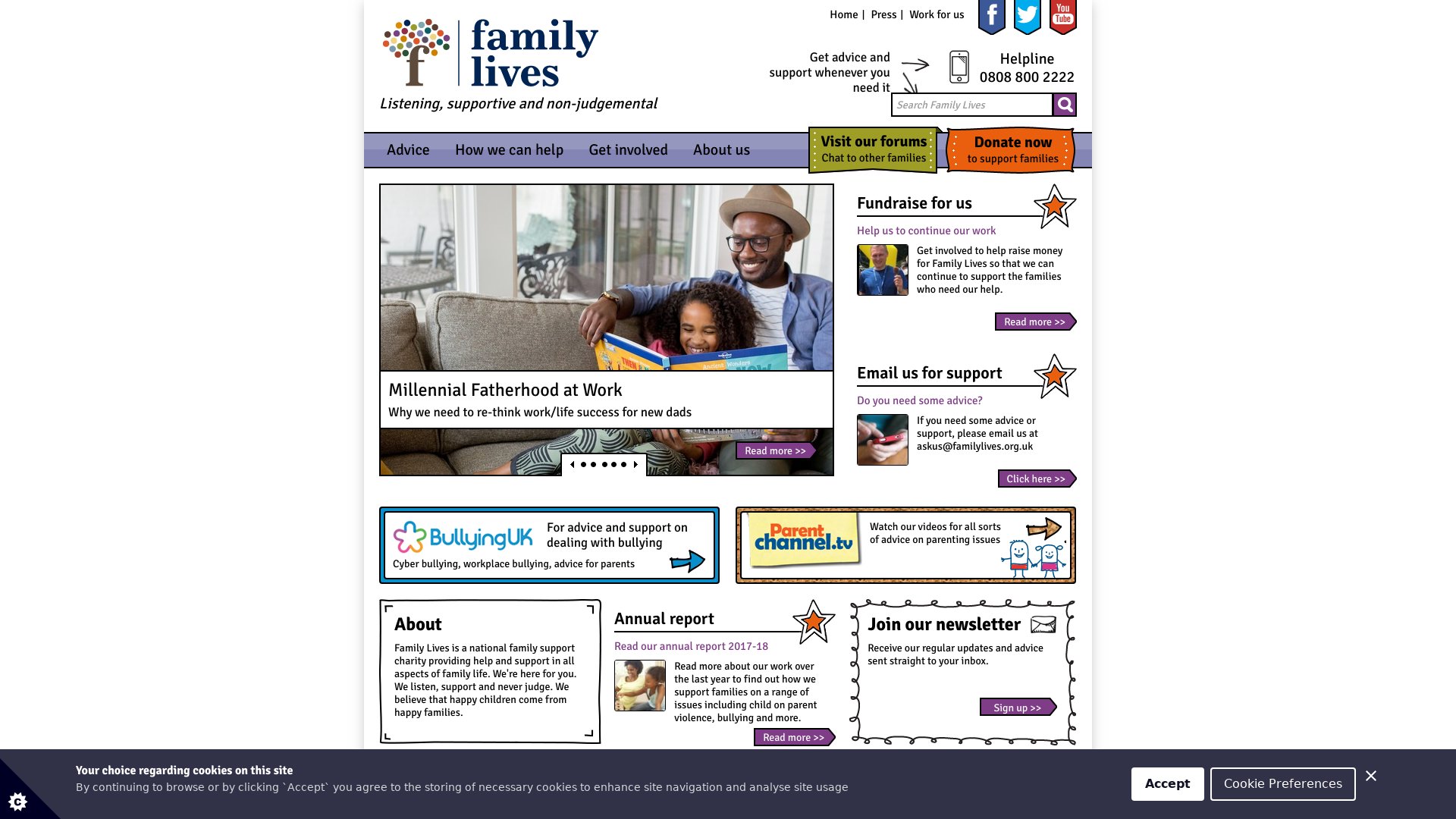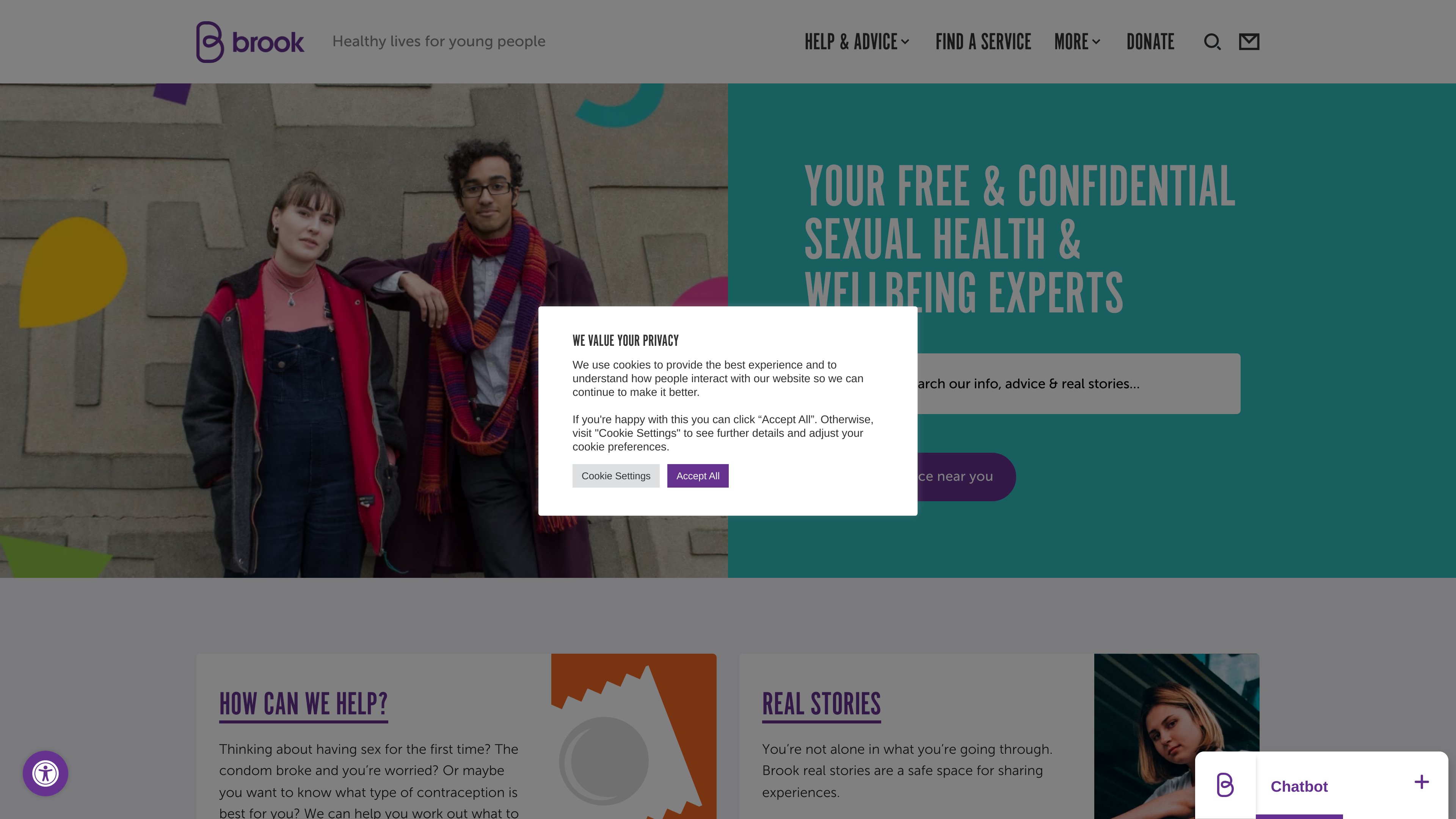At SPWT we have a whole school approach to our Personal Development provision. The aim of the ‘Personal Development’ programme is to equip our graduates with the skills required to live healthy, well informed, independent, and financially literate lifestyles, within modern British society.
At each key stage across the Foundation and Trust Schools, we offer a broad and balanced ‘Personal Development’ curriculum which explores the core themes of Health and Wellbeing (Mental and Physical Health) Relationships Sex Education and Living in the Wider World (SMSC & Citizenship) which helps enable our students to better navigate the world as true global citizens.
Personal Development is delivered through our Tutor Time Programmes, Enrichment Activities, Themed Assemblies, Targeted Workshops which are sometimes facilitated by External Agencies and Bespoke Personal Development Lessons which take place once each half term for 100 minutes. In addition, some Personal Development topics and issues are further explored through our Core Graduate Curriculum as well as in CPSHE lessons for Year 7 and 8 which are 50 minutes.
Through our Personal Development offer, our graduates are encouraged to be aware of current affairs as the world changes and engage in sensible and balanced discussions and debate based upon current issues to further develop their critical thinking and communication skills. In addition, students are given a variety of opportunities to reflect on their experiences and develop as well-rounded individuals who are safe from risks.
Personal Development Curriculum
The Personal Development curriculum offers our students a variety of opportunities to explore the following three core themes as outlined by the DfE: Health and Wellbeing, (Mental and Physical Health) Relationships and Sex Education (RSE) and Living in the Wider World (SMSC & Citizenship). Once each half-term the core curriculum is collapsed across the whole school and 100 minutes is dedicated to a bespoke lesson which explores one of the core themes. In addition, for the entire half-term the theme is explored through a range of activities during tutor time.
KS3 - KS5 Personal Development Curriculum Map
Autumn 1
| Year Group |
Topic: |
Aims: To explore and understand… |
| Year 7 |
Emotional health and Wellbeing |
- Ways in which your mental health and wellbeing can be affected.
- How to identify strategies to manage your mental health and wellbeing
- How you can achieve positive wellness including where to seek appropriate support
|
| Year 8 & 9 |
The Difference Between the Online and Physical World |
- Explain the benefits and problems with using social media.
- Describe how people may create a specific image of their life online and the impact of this.
- Explore the impact of unhealthy/obsessive comparisons with others online and over reliance of online relationships.
|
| Year 10 |
The Impact of Viewing Harmful Content |
- Explore the key components which make up harmful content.
- Analyse the impact of viewing harmful content online.
- Understand the rules and principles for keeping safe online, how to recognise risks, harmful content and contact, and how to report them.
|
| Year 11 |
The Impact of Viewing Harmful Content |
- Explore the key components which make up harmful content.
- Analyse the impact of viewing harmful content online.
- Understand the rules and principles for keeping safe online, how to recognise risks, harmful content and contact, and how to report them.
|
| Year 12 |
Being a Sensible consumer |
- Explore teenage spending.
- Explore the tactics used to encourage spending.
- Understand how to be a sensible consumer, with reference to budgeting
|
| Year 13 |
Decision Making and communication styles. |
- What factors contribute to our decision making?
- An effective model of decision making (divergent and convergent thinking)
- What type of communication styles are there?
- What type of communicator am I?
- How do I effectively communicate my decision?
|
Autumn 2
| Year Group |
Topic: |
Aims: To explore and understand… |
| Year 7 |
Anti- Bullying |
- Different types of bullying including racial and online
- The effects of bullying
- How bullying can be stopped and who can offer support if bullying occurs
|
| Year 8 & 9 |
Self-concept: Body Image and Identity |
- What appearance ideals are and how they influence how we talk about our bodies
- The impact that media and social media can have on how people think about themselves and express themselves, including regarding body image, physical and mental health.
- Techniques to help build self-confidence, resilience to negative opinions, judgements, and comments
|
| Year 10 |
My Body: Substance Use |
- Explore the risks associated with smoking and vaping.
- Understand the Law on smoking and vaping.
- Explore strategies to help manage substance us
|
| Year 11 |
Safe Sex/STI’s/Pregnancy |
- The importance of safe sex and the implications of unsafe sex e.g., STI’s (sexually transmitted infections)
- Explore strategies for coping with unplanned pregnancy.
- Understand the pathways available to support with unplanned pregnancies
|
| Year 12 |
Me and My Community |
- Understand responsibilities of living in a community
- Analyse the benefits and issues surrounding living in a community.
- Explore examples of prejudice and discrimination through the issues of Islamophobia and Anti-Semitism.
- Learn how be ready to live in a community safely and respectfully.
|
| Year 13 |
Contracts |
- Explore different types of contracts
- Consider the type of contracts you will be entering into post-18
- Be aware of your rights and responsibilities when entering into contracts
|
Spring 1
| Year Group |
Topic: |
Aims: To explore and understand… |
| Year 7 |
Me and My Community |
- Understand responsibilities of living in a community
- Analyse the benefits and issues surrounding living in a community.
- Explore examples of prejudice and discrimination through the issues of Islamophobia and Anti-Semitism.
- Learn how be ready to live in a community safely and respectfully.
|
| Year 8 |
Grooming and Exploitation |
- What Child Criminal and Sexual Exploitation is
- The signs of Child Criminal and Sexual Exploitation and the effects it has
- How to report Child exploitation
- What is coercion and the dangers of online gaming and using social networking platforms such as Tik Tok and Discord
- What is grooming and how to know when grooming is happening
- The law relating to grooming.
- How to stay safe online
|
| Year 9 |
Gangs and Violence |
- Review the difference between Child Criminal and Child Sexual Exploitation.
- Explore the ways in which someone can become involved in a gang and the risks associated with this.
- Understand the impact of violence and harm on mental health
|
| Year 10 |
Gangs and Violence |
- Review the difference between Child Criminal and Child Sexual Exploitation.
- Explore the ways in which someone can become involved in a gang and the risks associated with this.
- Understand the impact of violence and harm on mental health
|
| Year 11 |
Money and Me |
- Explore the Post-16 pathways available.
- The functions and uses of money, budgeting, managing risk, credit and debt, insurance, savings and pensions and applying maths to financial contexts
- How to manage money as school leaver and learn how to save and utilise rewards and offers as a young person in college/work-based training
|
| Year 12 |
Relationships and Me |
- How to safely and responsibly form, maintain and manage positive relationships including online and romantic relationships.
- The qualities and behaviours young people should expect and exhibit in a wide variety of positive relationships (including in school and wider society, family and friendships, including online
- The skills to help manage conflict and strategies to reconcile after disagreements
- The skills needed to gauge readiness for sex, including sexual activity online.
- What is consent?
|
| Year 13 |
Safe Sex/STI’s/Pregnancy |
- The importance of safe sex and the implications of unsafe sex e.g., STI’s (sexually transmitted infections)
- Explore strategies for coping with unplanned pregnancy
- Understand the pathways available to support with unplanned pregnancies
|
Spring 2
| Year Group |
Topic: |
Aims: To explore and understand… |
| Year 7 |
Planning for the future: Aspirations |
- Describe what aspirations are and discuss your own aspirations.
- Explore the significance of effective communication and team work.
- How to create steps to achieve your goal
- What is meant my ‘personal and digital profile’ and how to be aware of this when considering future pathways
|
| Year 8 |
My Body: Substance Use |
- Explore the risks associated with smoking and vaping.
- Understand the Law on smoking and vaping.
- Explore strategies to help manage substance use
|
| Year 9 |
Relationships |
- How to safely and responsibly form, maintain and manage positive relationships including online and romantic relationships.
- The qualities and behaviours young people should expect and exhibit in a wide variety of positive relationships (including in school and wider society, family and friendships, including online
- The skills to help manage conflict and strategies to reconcile after disagreements
|
| Year 10 |
The Difference Between the Online and Physical World |
- Explain the benefits and problems with using social media.
- Describe how people may create a specific image of their life online and the impact of this.
- Explore the impact of unhealthy/obsessive comparisons with others online and over reliance of online relationships.
|
| Year 11 |
The Working World |
- Understand the options available (part-time work and work-based training
- Explore professional relationships/conduct in the workplace
- Contracts and rights
|
| Year 12 |
Decision Making and communication styles |
- What factors contribute to our decision making?
- An effective model of decision making (divergent and convergent thinking)
- What type of communication styles are there?
- What type of communicator am I?
- How do I effectively communicate my decision
|
Summer 2
| Year Group |
Topic: |
Aims: To explore and understand… |
| Year 7,8,9,10,12 |
Gender Equality |
- Types of discrimination: Gender stereotypes and misogyny/misandry
- How misconceptions regarding gender can affect interactions
- How wider societal factors can drive sexist language, sexist stereotypes and harassment.
- Daily practices that will stop gender stereotypes and misogyny/misandry, with reference to use of gendered language in school
- How to report incidents of sexism, misogyny, misandry, harassment as well as abuse
|
| Year 10 |
Relationships and Sex Education |
- The Law in relation to sexual consent, sexual exploitation, abuse and the effects on relationships
- The Law in relation to harassment, rape, domestic abuse and the effects on relationships
- The Law in relation to forced marriage, honour-based violence and the effects on relationships
|
Useful Websites



